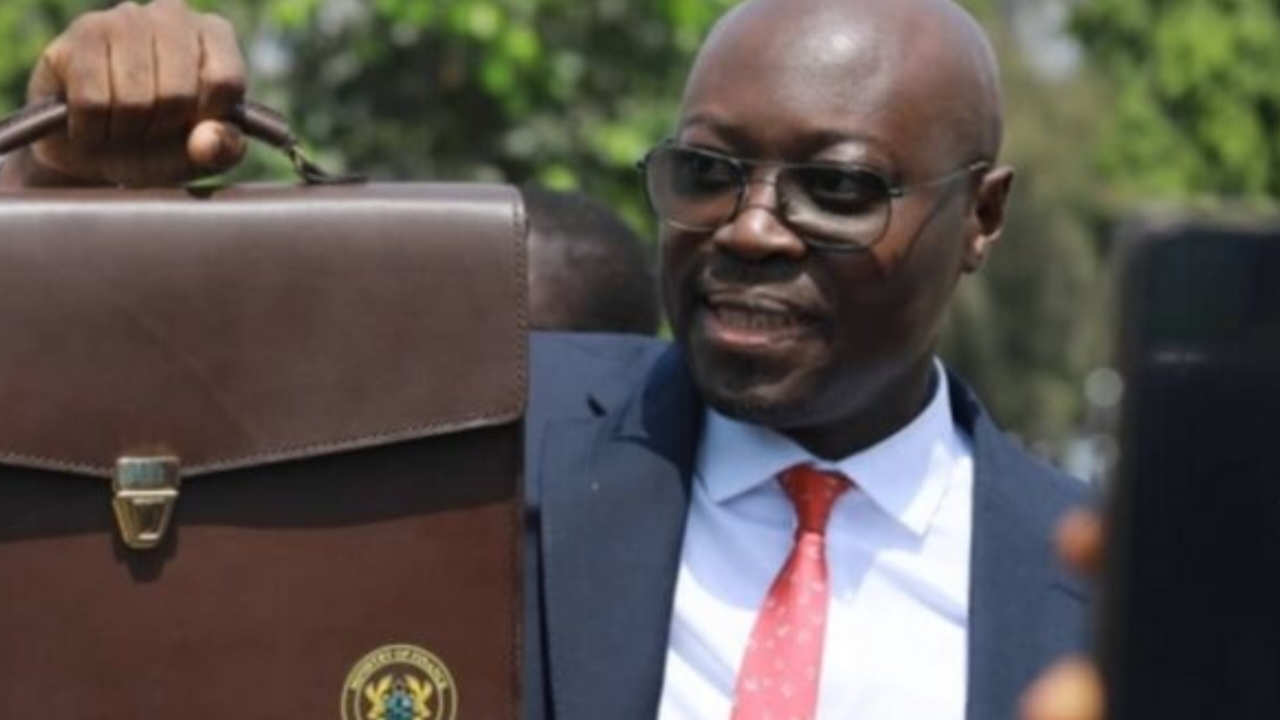Finance Minister Dr. Ato Forson is expected to deliver Ghana’s 2026 Budget presentation to Parliament on November 13, according to sources close to the preparation process.
The proposed date, pending parliamentary approval, will mark the government’s first major budget since its 2024 election victory. The 2026 fiscal plan will outline the administration’s full economic vision after nearly nine months in office.
Under the Public Financial Management Act, the Finance Minister, acting on behalf of the President, must present the national budget to Parliament no later than November 15 each year.
Sources indicate that the Finance Ministry has completed several stakeholder engagements and industry consultations to finalize the policies and programs for the 2026 fiscal year.
Dr. Forson has already hinted that the upcoming budget will prioritize job creation and economic growth stimulation. Analysts say this year’s presentation will differ significantly from the 2025 Budget, which largely followed the previous administration’s framework.
The 2026 Budget presentation is expected to introduce major tax reforms and new revenue mobilization measures. According to Ghana Revenue Authority (GRA) Commissioner-General Anthony Sarpong, the government plans to reduce the Value Added Tax (VAT) rate from 22% to 20%.
Mr. Sarpong explained that the VAT review forms part of efforts to simplify the tax system and make it more business-friendly.
Additionally, Dr. Forson is expected to review existing tax levies, including the COVID-19 levy, to reduce the financial pressure on businesses and households.
With Ghana scheduled to exit the IMF programme in May 2026, this year’s budget is viewed as a crucial roadmap for post-IMF economic management. Economists and industry leaders will closely watch how Dr. Forson balances fiscal discipline, deficit control, and macroeconomic stability while maintaining growth momentum.
Experts describe the 2026 Budget as one of the government’s most defining policy documents, setting the tone for sustainable fiscal management and long-term development after years of IMF support.




